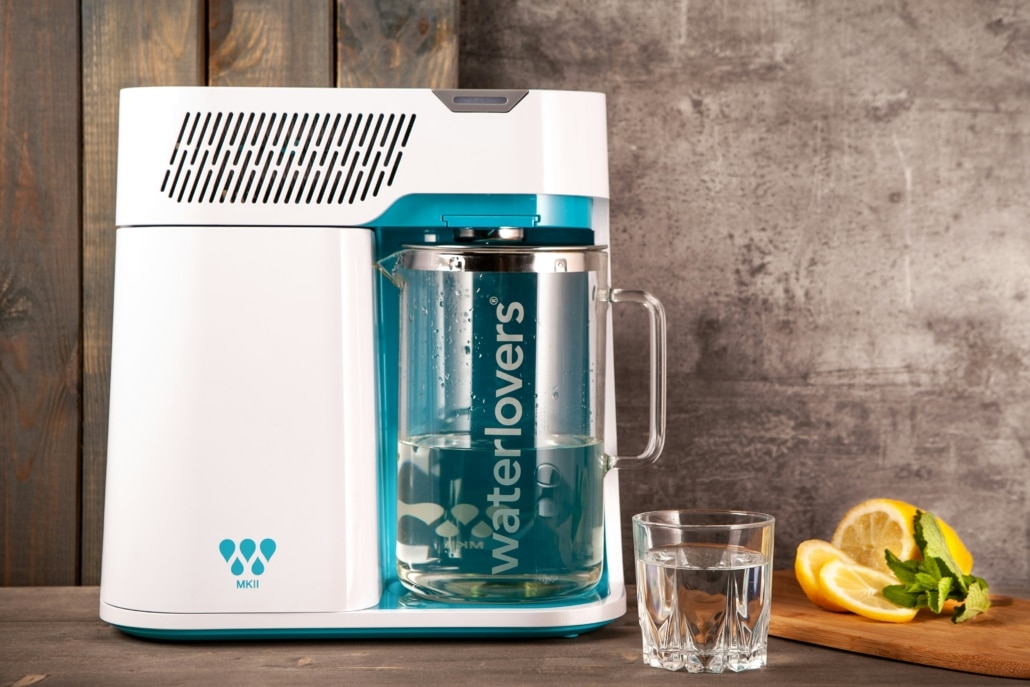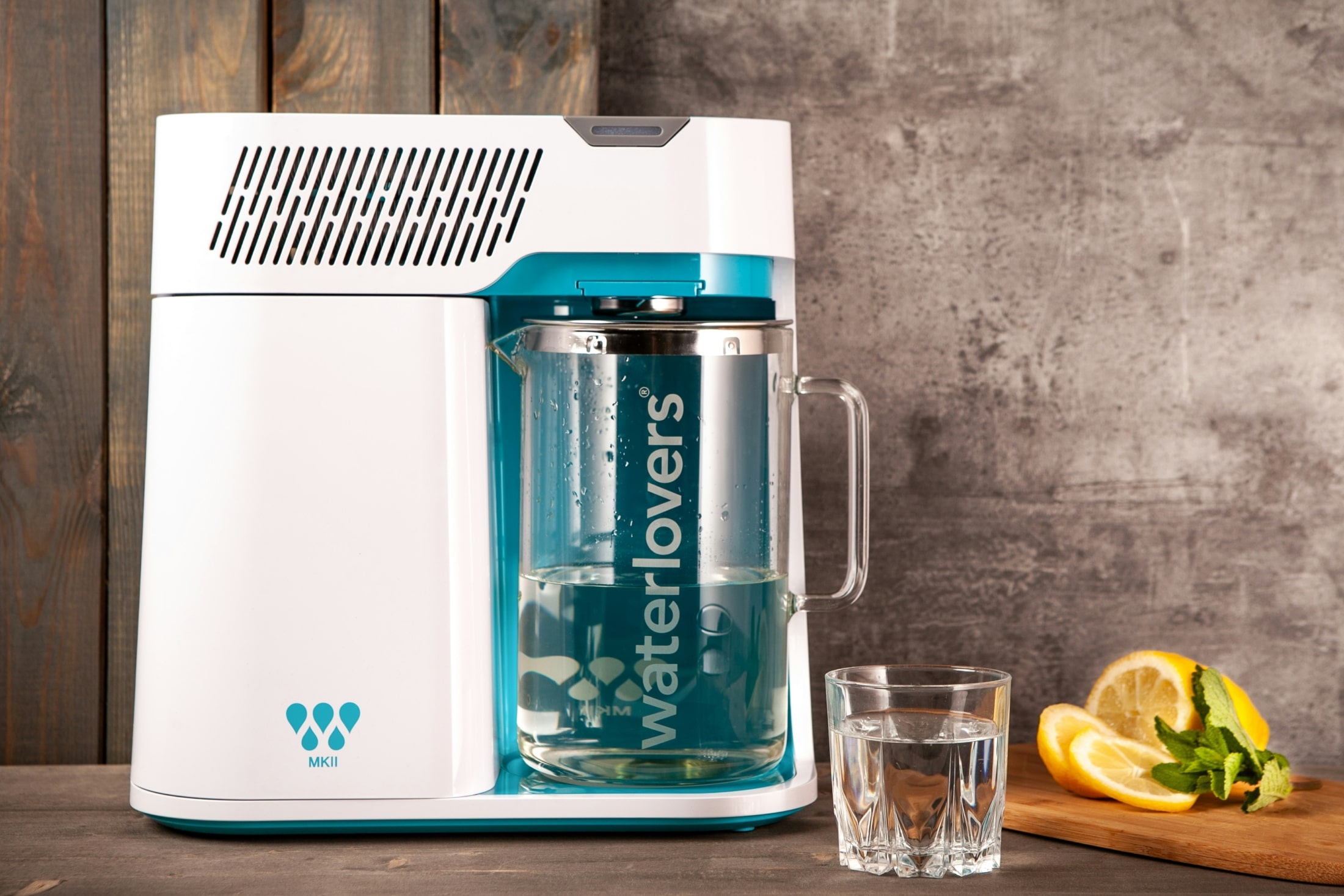In a time where we’re constantly hearing about the toxins lining our water, the appeal of filtered water is becoming harder to resist. The idea of crystal-clear, purified water at our fingertips is both reassuring and – in some ways – fashionable. But is it all really necessary, or just another fad we’ve jumped on in our pursuit of the healthiest lifestyles possible? If you’ve given any thought to the filtered versus tap water debate, you’re not alone. Here’s a candid look at whether filtering your water is truly beneficial, and to what degree.

Benefits of Filtered Water
When you opt for filtered water, you’re doing more than just following a trend. Let’s look at a few of the upsides filtered water can bring to your life.
Removes Contaminants
One of the primary advantages of filtered water is its ability to remove various contaminants that are commonly found in tap water. These contaminants can include heavy metals like lead and mercury, chlorine used in water treatment, bacteria, viruses, and pesticides. Exposure to these substances can lead to a range of detrimental health effects. For example, lead contamination can cause serious developmental issues in children and neurological problems in adults. Similarly, chlorine, while effective at killing pathogens in water, can react with other natural compounds to form potentially harmful byproducts like trihalomethanes (THMs), which are linked to increased cancer risk and problems with the reproductive system.
Enhances Water Flavor
Water filters not only reduce health risks but also step up the taste and overall appeal of your drinking water. Many people find tap water to be slightly off-putting due to its taste or odor, often a result of the chlorine treatment process or the presence of metals that find their way into water systems. Filtering water can get rid of those impurities, giving you cleaner and fresher-tasting water. This improved sensory experience can increase how much water you consume daily. Considering how crucial it is to stay hydrated for overall wellness, with benefits ranging from cognitive function to skin health, having a water filter to boost your water intake is a game-changer. By getting a water filter, you’re not just upgrading to tastier water, but also taking a practical step to boost your health and well-being.
Helps Prevent Diseases
Water filters play a key role in fighting off harmful parasites and bacteria that can lead to serious illnesses. For example, Cryptosporidium and Giardia, two parasites often present in untreated water, can cause stomach issues like cryptosporidiosis and giardiasis. Symptoms include diarrhea, tummy aches, and feeling queasy. Additionally, bacteria like E. coli, present in contaminated water, can cause severe food poisoning, urinary tract infections, and even life-threatening conditions such as kidney failure. By using filtration technology, water filters can remove anywhere from 50-90 percent of these harmful microorganisms.
Environmental Impact
Every day, about 8 million pieces of plastic pollution end up in our oceans. This huge number adds to the environmental crisis, impacting marine life and ecosystems significantly. Opting for reusable water bottles and home filtration makes you part of a movement that’s much kinder to the planet. This eco-friendly choice fits with our overall duty to sustainability. While there might be filters that require replacing, a home water filter system generally creates less waste when compared to the endless stream of plastic bottles associated with store-bought water.
Conclusion
Filtered water isn’t just another health trend – it’s a conscious decision to improve your health, your environment, and the taste of water. While the initial investment can seem hefty, the long-term benefits for both you and the planet are undeniable. In the end, the decision to filter your water is a personal one, based on what you value most and the solutions that suit your lifestyle. It’s about more than just taking a sip of cool, clear and clean water; it’s about taking a step toward a more informed and intentional way of living.







